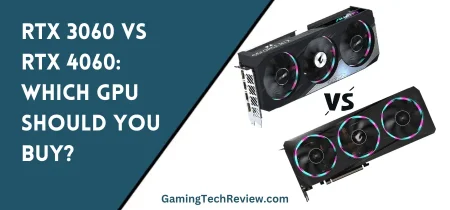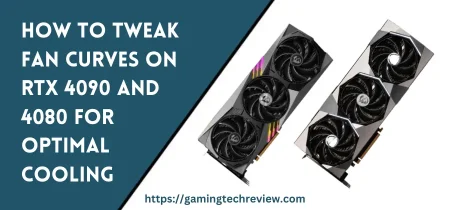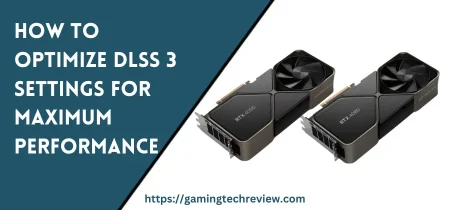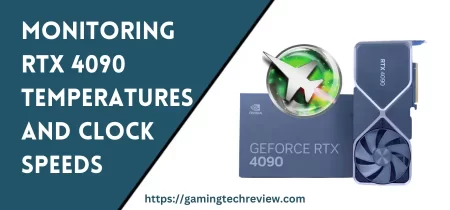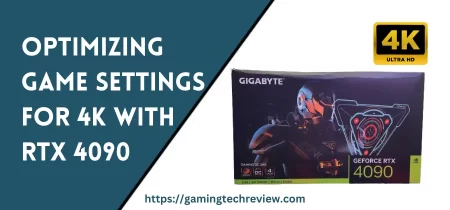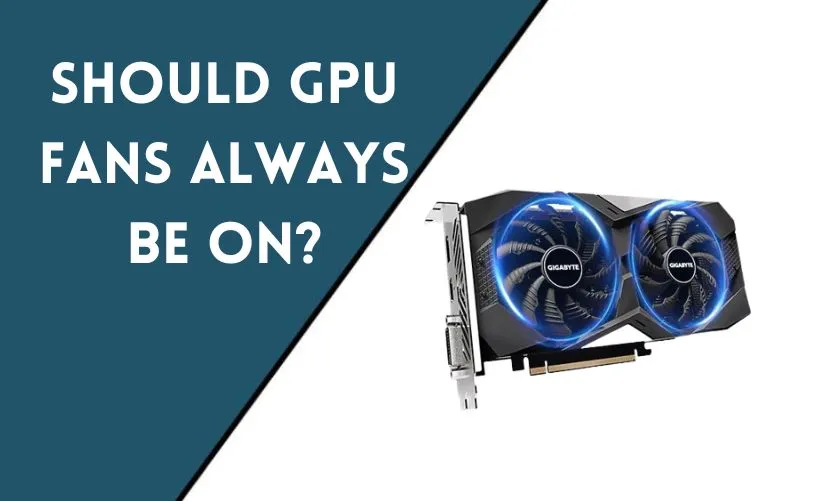
As technology evolves, gamers and PC enthusiasts alike are increasingly concerned about the cooling of their graphics processing units (GPUs). A common question that arises is whether GPU fans should always be on. In this article, we will explore this topic in detail and provide a definitive answer to this question.
Introduction
GPUs generate a lot of heat, and this heat needs to be dissipated to prevent damage to the GPU and other components in the PC. To facilitate this, GPU manufacturers install fans on the GPU to help dissipate the heat generated during intensive tasks such as gaming or video editing. However, the question of whether these fans should always be on is a complex one, and there is no one-size-fits-all answer.
How Do GPU Fans Work?
GPU fans work by pulling cool air into the heatsink and blowing it over the hot GPU. The heat from the GPU is transferred to the heatsink, and the cool air from the fan helps dissipate this heat. As the air passes over the heatsink, it heats up, and the hot air is then expelled out of the PC case through the exhaust vents.
The Pros and Cons of Keeping GPU Fans Always On
One of the main advantages of keeping GPU fans always on is that it ensures constant airflow over the GPU, which helps maintain a consistent temperature. This can prevent overheating and ensure that the GPU operates optimally.
On the downside, keeping GPU fans always on can be noisy, and it can also cause unnecessary wear and tear on the fans, reducing their lifespan.
The Pros and Cons of Turning GPU Fans Off
Turning GPU fans off when the GPU is idle can reduce noise levels and extend the lifespan of the fans. However, this can also cause the GPU to overheat when it is under load, which can lead to reduced performance and potential damage to the GPU.
Optimal Fan Control Settings for GPUs
The optimal fan control settings for GPUs depend on several factors, including the GPU model, the ambient temperature, and the workload. Most modern GPUs come with software that allows users to customize fan speeds and set temperature thresholds for the fans to kick in. Users can experiment with different settings to find the optimal balance between noise levels and cooling performance.
The Impact of Ambient Temperature on GPU Cooling
The ambient temperature can have a significant impact on GPU cooling performance. In warmer environments, the GPU fans need to work harder to maintain optimal temperatures, which can lead to increased noise levels and wear and tear on the fans. It is important to keep the PC in a cool, well-ventilated room to ensure optimal GPU cooling.
The Effects of Dust Accumulation on GPU Cooling
Dust accumulation can also have a significant impact on GPU cooling performance. When dust accumulates on the GPU fans and heatsink, it can impede airflow, leading to higher temperatures and reduced cooling performance. Regular cleaning of the GPU fans and heatsink is essential to maintain optimal cooling performance.
How to Monitor Your GPU’s Temperature
There are several software applications available that allow users to monitor their GPU’s temperature in real-time. These applications can help users identify potential overheating issues and adjust their fan control settings accordingly.
Common Misconceptions About GPU Fan Control
There are several common misconceptions about GPU fan control that need to be addressed. One such misconception is that keeping GPU fans always on will significantly increase the lifespan of the GPU. While it is true that overheating can damage the GPU, constantly running the fans can also cause unnecessary wear and tear on the fans, reducing their lifespan.
Another common misconception is that turning off GPU fans will significantly reduce noise levels. While this may be true in some cases, it can also lead to increased noise levels if the GPU overheats, and the fans need to work harder to cool it down.
How to Clean Your GPU Fans
Cleaning your GPU fans is an important part of maintaining optimal cooling performance. To clean your GPU fans, first, turn off your PC and unplug it from the power source. Next, remove the GPU from the PC and use compressed air or a soft brush to remove any dust or debris from the fans and heatsink. Be careful not to touch any of the components with your fingers, as this can cause damage. Finally, reinsert the GPU into the PC and plug it back in.
How to Replace Your GPU Fans
If your GPU fans are not functioning properly, you may need to replace them. To replace your GPU fans, first purchase a replacement fan that is compatible with your GPU model. Next, remove the old fans from the GPU, being careful not to damage any of the components. Finally, attach the new fans to the GPU and reinsert it into the PC.
When Should You Replace Your GPU Fans?
GPU fans can wear out over time, and if they are not functioning properly, they can lead to overheating and reduced performance. If your GPU fans are making unusual noises, running at inconsistent speeds, or not spinning at all, it may be time to replace them.
Conclusion
In conclusion, the question of whether GPU fans should always be on depends on several factors, including ambient temperature, workload, and personal preference. While keeping GPU fans always on can ensure optimal cooling performance, it can also be noisy and lead to unnecessary wear and tear on the fans. Ultimately, finding the optimal balance between cooling performance and noise levels requires experimentation with fan control settings.
Frequently Asked Questions
Will turning off GPU fans significantly reduce noise levels?
It may reduce noise levels in some cases, but it can also lead to increased noise levels if the GPU overheats and the fans need to work harder to cool it down.
Can GPU fans wear out over time?
Yes, GPU fans can wear out over time, leading to reduced performance and potential overheating issues.
What is the optimal temperature range for a GPU?
The optimal temperature range for a GPU depends on the specific model, but most GPUs operate optimally at temperatures between 60 and 80 degrees Celsius.
How often should I clean my GPU fans?
It is recommended to clean your GPU fans at least once every six months to maintain optimal cooling performance.
Can I replace my GPU fans myself?
Yes, you can replace your GPU fans yourself, but it is important to ensure that you purchase a replacement fan that is compatible with your GPU model.






